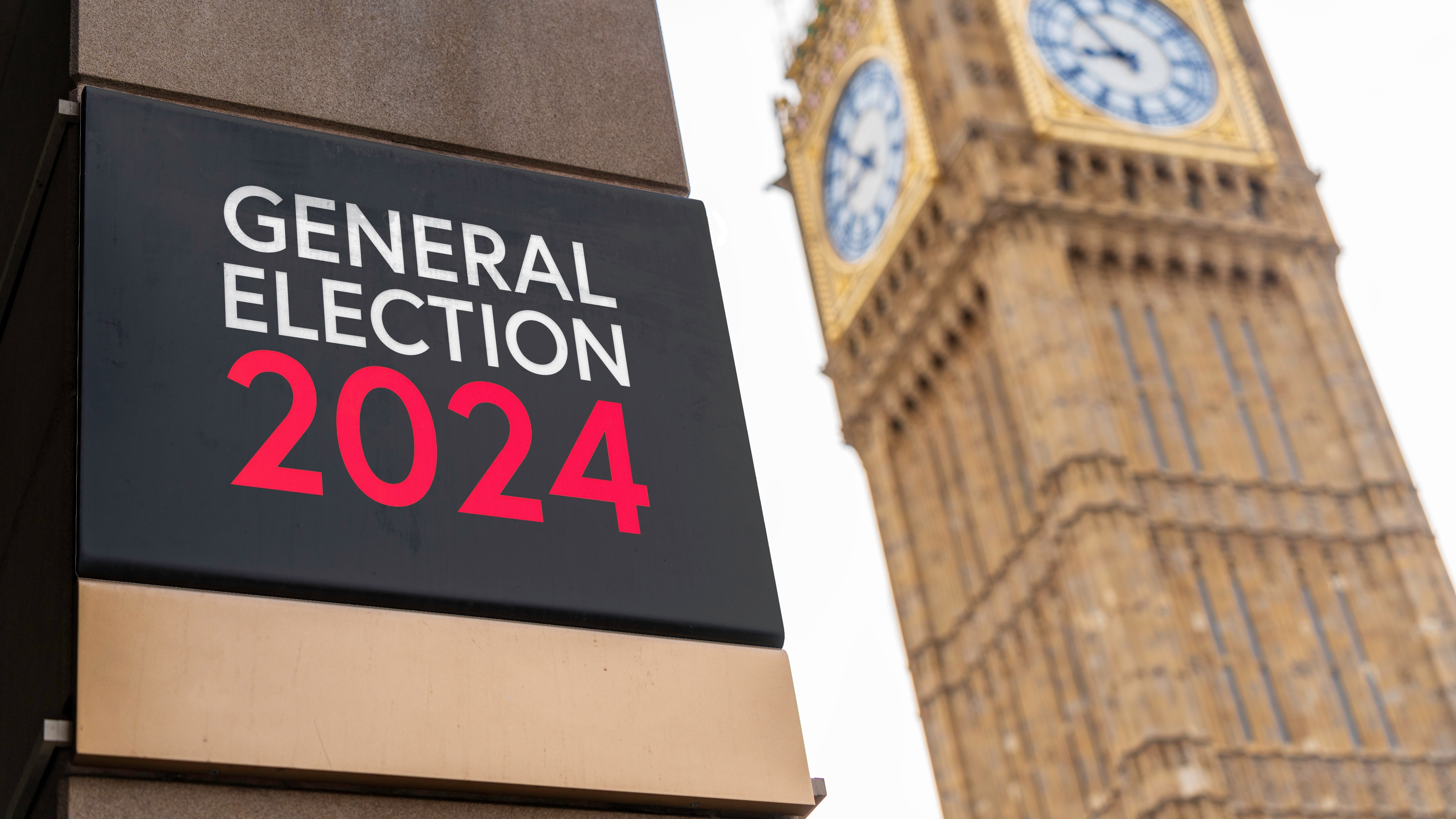Exploring the Critical Features of a Global Agreement to Tackle Deforestation
by Inline Policy on 08 Oct 2014
The issue of deforestation and forest degradation, as explained in our previous analysis piece, has to be addressed urgently by donor and tropical forest countries alike. At present, these governments face the challenge of creating new regulatory frameworks to protect the world’s tropical forests. This, however, cannot be achieved without the collaboration of the private sector, a non-state actor which will play a key role in this process.
The article explores the solutions to this global issue and analyses the results of the UN Climate Summit in New York with regards to deforestation.
The Role of the Private Sector
Any comprehensive post-2020 global climate change agreement needs to include REDD (Reducing Emissions from Deforestation and Forest Degradation), says the Global Canopy Programme (GCP). Why? To put it simply, it is a cost-effective way of creating the volume of emissions reductions needed to maintain a target of limiting global warming to 2 degrees above pre-industrial levels, through recognising the value of the carbon stored in forests. The programme offers incentives for developing countries to reduce emissions from forested lands and invest in low-carbon paths to sustainable development.
Successful REDD+ pilot initiatives have resulted in 22 million tonnes of CO2 being avoided annually and 14 million hectares of threatened forests protected. In order for the programme to be successful at the scale needed to meet the challenges of climate change, however, the financing of REDD+ is an issue that needs to be addressed; these resources will mainly come from governments and increasingly from the private sector, hence the importance of its involvement in the process.
With the objective of incentivising private sector demand in the crucial interim period of 2015-2020, the GCP led and issued a unified Private Sector and Civil Society Declaration, representing over 160 companies and civil society organisations. The text calls for governments to take meaningful action to reduce deforestation and support REDD+ at the upcoming UNFCCC climate negotiations in Lima in December this year.
The Declaration outlines two critical factors to successfully ‘mobilise sustained private sector participation and investment in REDD+’:
- Strong policy signals for ambitious reduction targets that include REDD+ are needed. In order to enable private sector financing to flow, policy-makers need to make clear that climate policies will recognise emission reductions from REDD+.
- Interim incentives for stimulating REDD+ investment during the critical 2015-2020 period are needed. These are policy options which could help build confidence in the predictability of returns as perceived by investors in REDD+ activities, such as direct purchases of emission reductions or public-private partnerships to support the financing of REDD+.
These two factors are critical, says GCP, because without action from donor countries, private sector funding could stagnate or decline, leading to a possible loss of momentum in REDD+ initiatives and emissions reductions far below what is needed to avoid dangerous climate change.
The Interim Forest Finance Project: Increasing Private Sector Demand
The Interim Forest Finance (IFF) Project is a collaborative initiative of the GCP, the Amazon Environmental Research Institute (IPAM), Fauna & Flora International (FFI), the UNEP Finance Initiative (UNEP FI), and the UN Office for REDD+ Coordination in Indonesia (UNORCID).
As the GCP report published in January explains, there is currently ‘no source of demand that will pay for medium to long term REDD+ emission reduction targets in tropical forest countries, or international deforestation reduction targets.’ And, according to the IFF project, the financing of REDD+ activities needs to rapidly grow to more than 20 times current levels, resources which are expected to come mainly from the private sector.
Without interim demand, the implementation of REDD+ is threatened, as there is no incentive for forest countries to design and commit national resources for REDD+. Without increased demand in the 2015-2020 period, there is also little incentive for the private sector to invest in REDD+. The message is that policymakers need to intervene and get innovative on creating new policy mechanisms (we are not advocating a new fund here) which can stimulate this interim demand.
Has the Global Climate Summit Paved the Way for a Future Agreement on Deforestation?
UN Secretary-General Ban Ki-moon gathered a significant number of world leaders, from government, finance, business, and civil society to the UN Climate Summit on 23 September. He asked participants to ‘bring bold announcements and actions that would reduce emissions, strengthen climate resilience, and mobilise political will for a meaningful legal agreement in 2015.’
The talks on deforestation successfully led to the endorsement of the New York Declaration on Forests. Although is a non-legally binding political declaration, it is the first time that world leaders agree on ‘cutting natural forest loss in half by 2020 and strive to end it by 2030.’ in addition to considerable economic, social and environmental benefits, meeting this goal could cut between 4.5 and 8.8 billion tons of carbon pollution per year.
Unfortunately, only 32 national governments have endorsed this declaration, 11 of which are developed countries. However, a significant number of civil society organisations and businesses have decided to endorse it, showing their commitment to end deforestation worldwide.
The declaration does acknowledge that ‘multilateral initiatives have provided more than $1bn of support for REDD+ efforts and forest investments across 75 countries, encompassing over 55% of the world’s tropical forests, as well as dry lands and boreal forests.’ However, with regards to the involvement and support of the private sector, the declaration primarily concentrates on consumer goods supply chains and commodities. Although addressing those issues is part of the solution, the scope of private sector involvement needs to be widened.
In addition, the declaration states that governments can ‘facilitate REDD+ actions at scale (…) to ensure that countries and provinces that take action are rewarded economically for their efforts including through scaled up payments for verified emission reductions.’ Note that only three developed countries (United Kingdom, Germany and Norway) have issued a joint statement on REDD+ finance, agreeing on an ‘intent to support provisions for adequate, predictable, sustainable financing for REDD+ (…) as part of a new global climate change agreement (…)’
There are no concrete actions related to the need or commitment of scaling up private sector investment. And unfortunately, without demand, the implementation of REDD+ is threatened.
Nonetheless, this declaration showcases the willingness of governments, businesses and civil society to move forward on the issue of deforestation. Incentivising the private sector needs to be a key aspect of future agreements – and, as the IFF project highlights, measures will need to be put in place rapidly. This declaration will hopefully help pave the way for a wider agreement on deforestation and REDD+ at the Paris COP in December 2015. It is hard to conceive of a global deal on climate change which does not contain significant policy announcements on tackling deforestation.
Topics: Energy policy, International politics, Climate Change, Economic policy







Comments